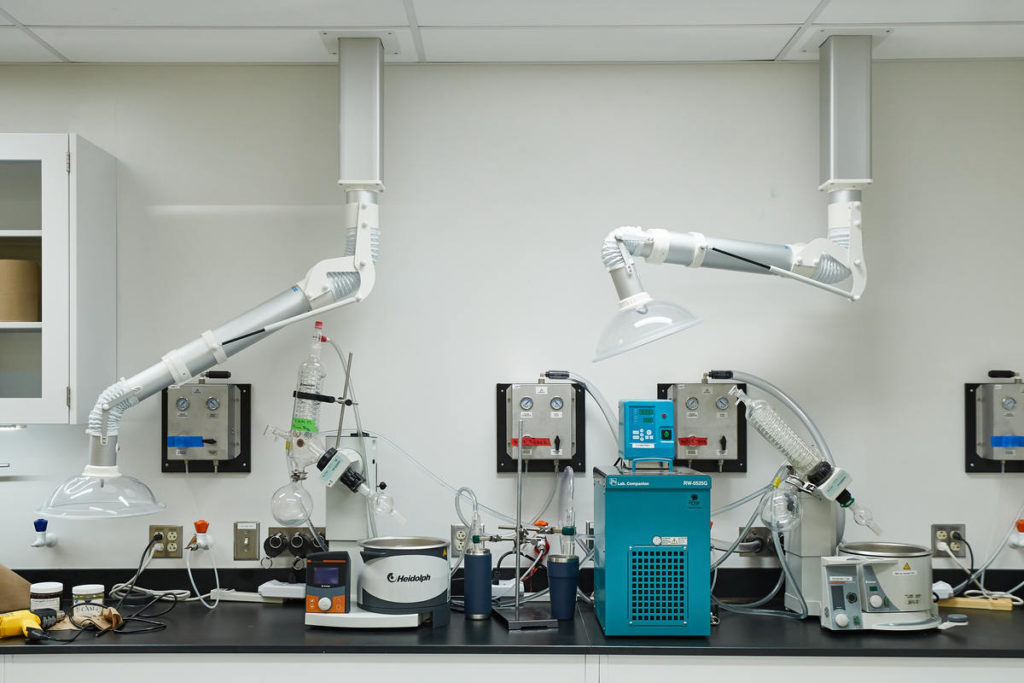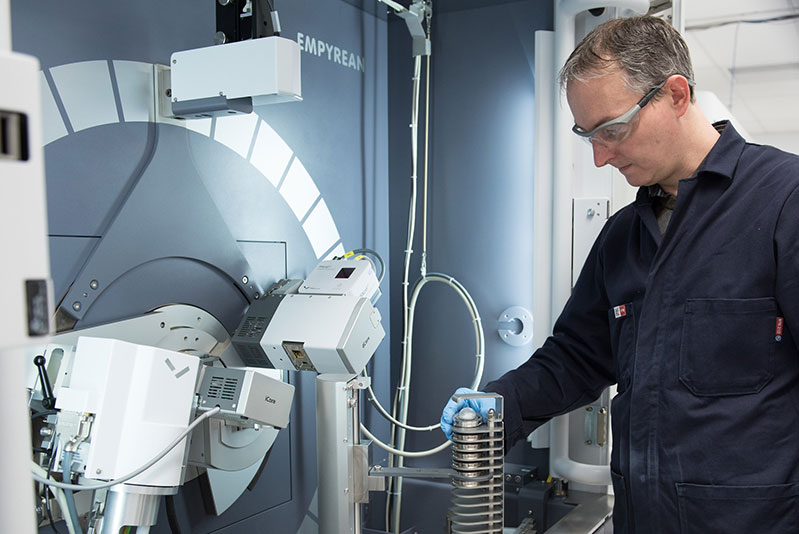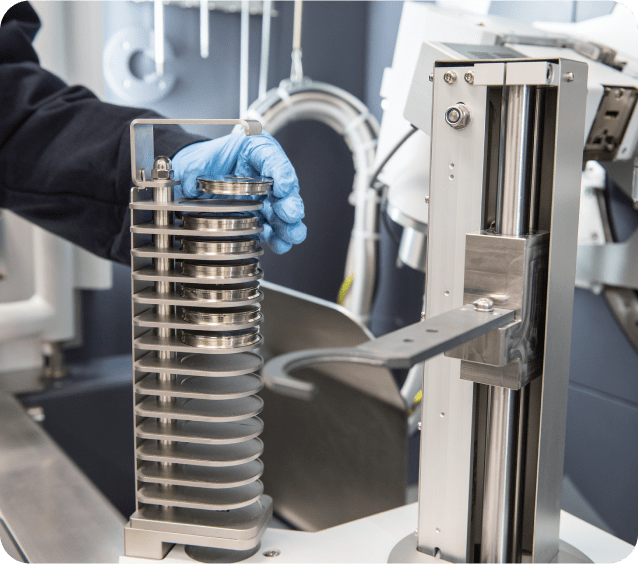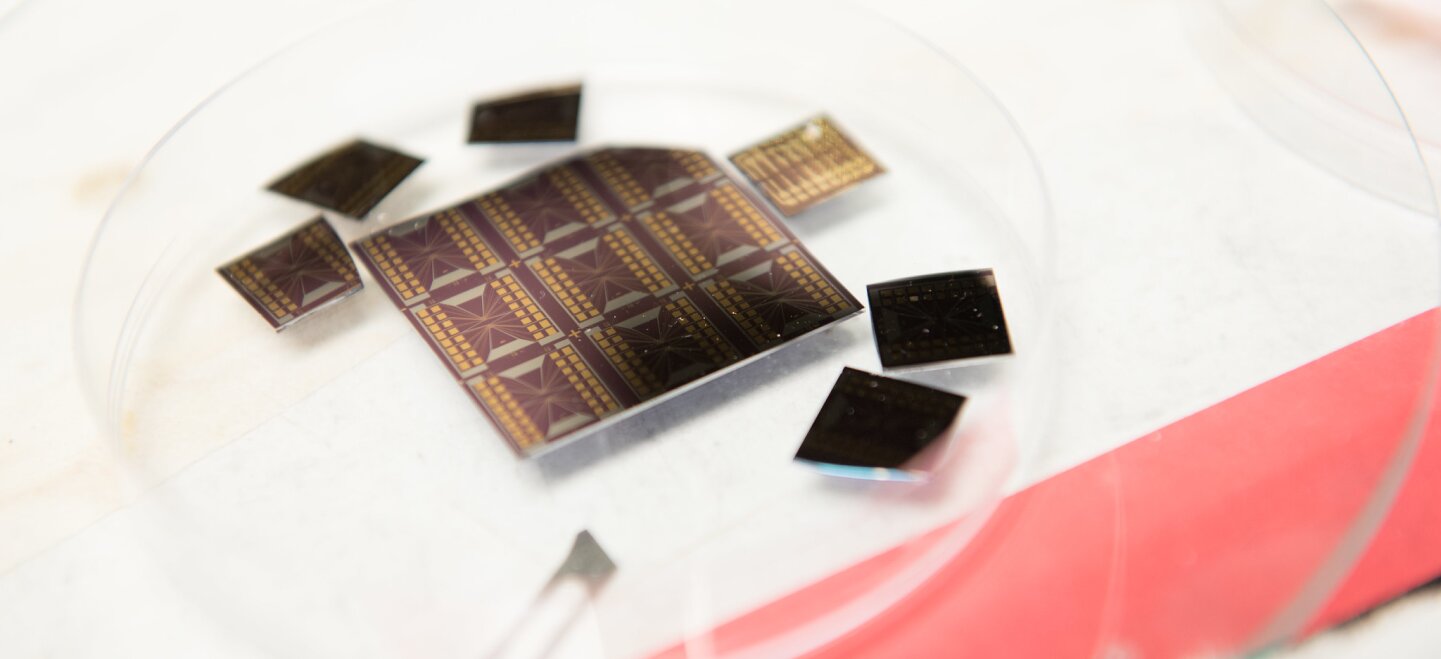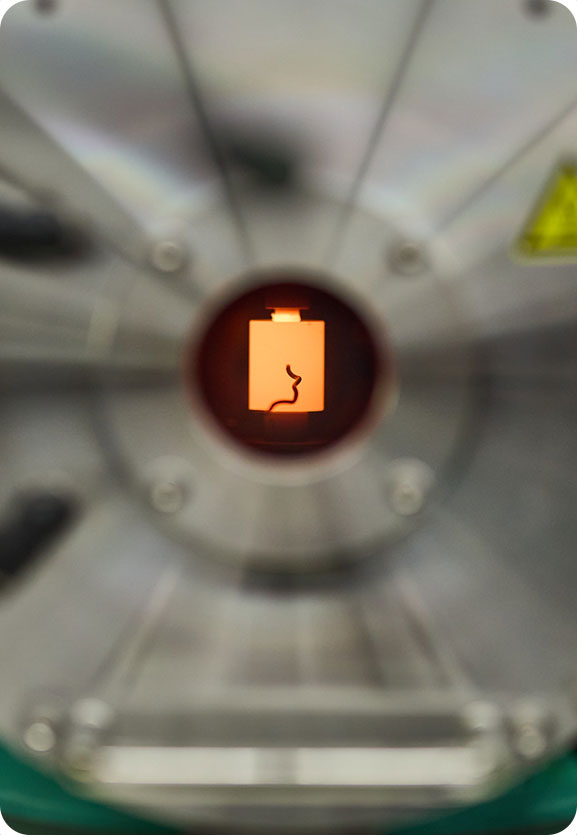The Institut Courtois is a unique space for scientific discovery where the latest theoretical and experimental approaches in material properties research are brought together and leading researchers in chemistry, physics and computer science collaborate to build on recent advances in artificial intelligence (AI) in order to accelerate the discovery, development and characterization of new materials. The Institute aims to mobilize artificial intelligence at each stage of discovery: for simulation of possible molecules and of the test properties, robotic synthesis and characterization, automated analysis of the generated data, automatic feedback on simulations, and subsequent syntheses.
